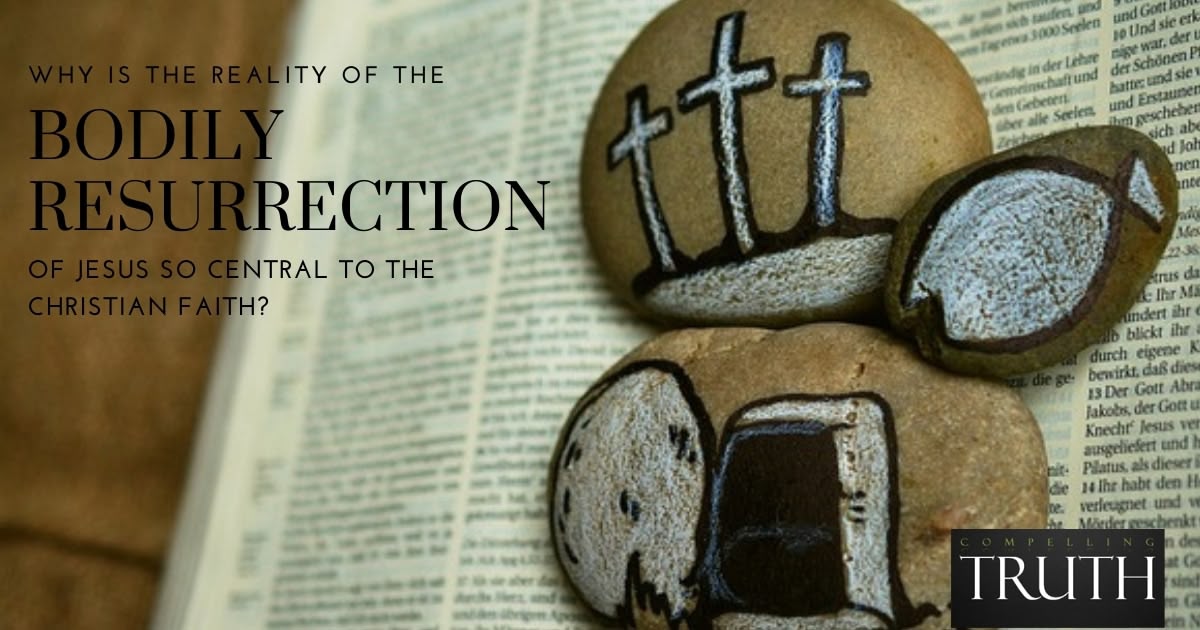what does the bible say?
People often wrongly state that Jesus went to hell between His death and resurrection. However, the Bible tells us that when Jesus died, His body went in the tomb while His soul went to the Paradise side of Sheol, the realm of the dead. In Paradise, Jesus proclaimed victory over sin and death. Misinterpretations of 1 Peter 3:18–20 and the Apostles’ Creed have fueled the belief that Jesus offered a second chance for salvation after death, but Scripture is clear that salvation must be received in this life (Hebrews 9:27). Jesus’ words on the cross and His promise to the thief confirm that His spirit went to the Father and to Paradise, not hell. Understanding this truth reassures believers that Jesus fully conquered sin, death, and the grave.




